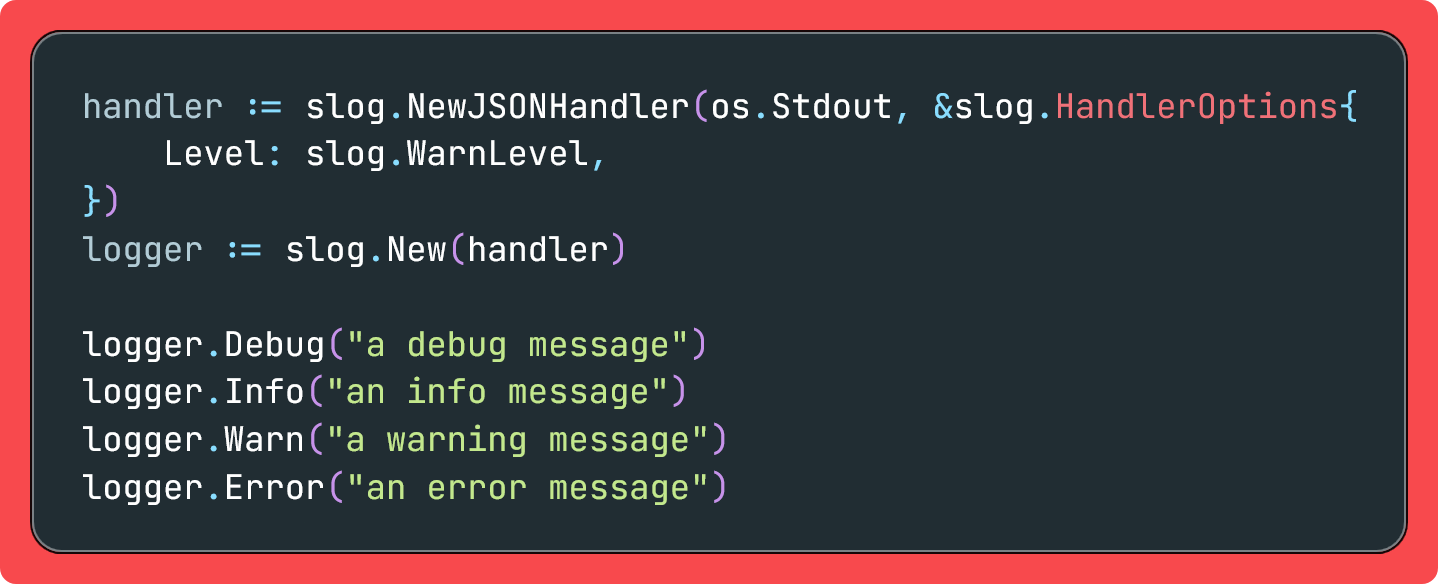Engineering Leadership: A Monthly/Quarterly System Health Check
This post proposes a 2-4 hour system health check for engineering teams to conduct monthly or quarterly. The check assesses system quality across dimensions like reliability, performance, cost, delivery, security, simplicity, and organizational structure. Thought-provoking questions guide reflection on the system's current state, moving beyond mere metrics to identify and address underlying issues. The goal is to improve overall system quality and team effectiveness.










